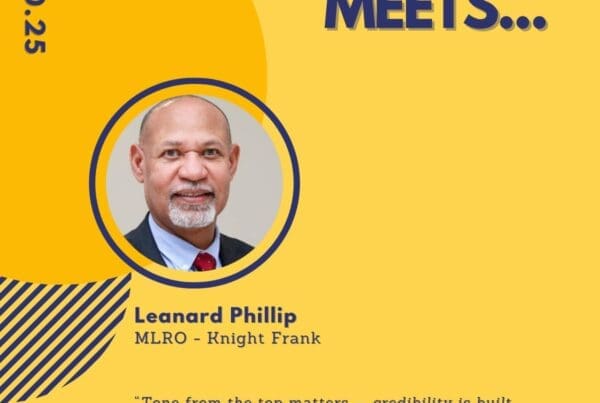How has the Chief Financial Officer (CFO) role altered over the years?
An Accenture survey found that 93% of CFOs agree the responsibility they’ve been entrusted with today feels much greater than in the past.
This shows that the CFO role, once being thought of as a retrospective position, cost-focused and mainly responsible for reporting historical financial performance, has transformed drastically in recent times.
The Chief Financial Officer position holds its own as a key strategic partner, expected to collaborate seamlessly with other C-suite leaders to drive decisions and deliver growth. A sentiment reinforced by Accenture’s finding that 9 out of 10 CFOs call the shots on business-critical decisions that impact the entire organisation, not just finance.
Let’s break down the major developments that have led to the evolution of the CFO role to what it is today.
1. Beyond the Numbers: The Strategic CFO
The CFO’s role is expanding beyond traditional accounting and reporting. They are now expected to be commercially-minded, strategic partners, cooperating with other C-suite executives to propel business growth and profitability. This requires strong communication, leadership, and interpersonal skills to influence decision-making across the organisation.
2. Adapting to Change: Volatility and Uncertainty
The economic and geopolitical climate doesn’t stand still. UK CFOs need to be agile and adaptable, ready to react to unforeseen changes and develop contingency plans. This necessitates a forward-thinking mindset, the ability to embrace change, and a willingness to explore innovative financial solutions.
3. Data-Driven Decisions: Harnessing the Power of Information
The digital revolution is reshaping finance. Cloud computing, automation, and big data analytics are transforming how businesses operate. CFOs need to be data champions, leveraging these technologies to gain real-time insights, make data-driven decisions, and streamline processes.
4. Regulatory Labyrinth: Navigating Compliance Complexities
Regulatory frameworks are becoming increasingly complex, with a focus on areas like anti-money laundering (AML) and cyber security. UK CFOs need to work closely with governance, risk, and compliance teams to stay abreast of evolving regulations and ensure their firms comply with ever-changing compliance requirements.
5. ESG Imperative: Balancing Profit with Purpose
Environmental, Social, and Governance (ESG) factors are no longer a niche concern. Investors, consumers, and employees are demanding businesses that operate sustainably and ethically. Forward-thinking CFOs are integrating ESG considerations into their decision-making, not just to meet stakeholder expectations but also to unlock long-term value creation.
6. The Role of Technology and Outsourcing
Technology advancements and outsourcing solutions are empowering CFOs to navigate these challenges. Cloud-based financial management systems, data analytics tools, and automation solutions provide real-time data access, streamline processes, and enhance decision-making capabilities. Additionally, outsourcing allows firms to access broader industry knowledge, reduce costs, and free up CFOs to focus on strategic initiatives.
Decision Fatigue and the Need for Agility:
But with all this advancement, it’s easy to forget that the Chief Financial Officer is still just one person. While technological advancements and robust teams can aid in streamlining and delegating CFO responsibilities, it is important to recognise the need to manage workloads and set your CFO up for success.
The expanded responsibilities placed on CFOs have led to “decision fatigue”. In fact, 67% of CFOs feel paralysed at times by the number of decisions and volume of choices they need to make.
In a world where businesses are more complex and undergoing accelerated digital transformation, this places a heavy burden on CFOs. Promoting an agile mindset and fostering a culture of continuous learning throughout the business is crucial to navigate these ever-changing expectations.
Gemma Cardew is an expert Finance recruiter with a vast network of candidates and clients in the sector. If you’re looking for your next role or hiring for your team, get in touch today.
Related Articles
MERJE Meets: Kate Davidson MBE, CEO – Dignity plc







